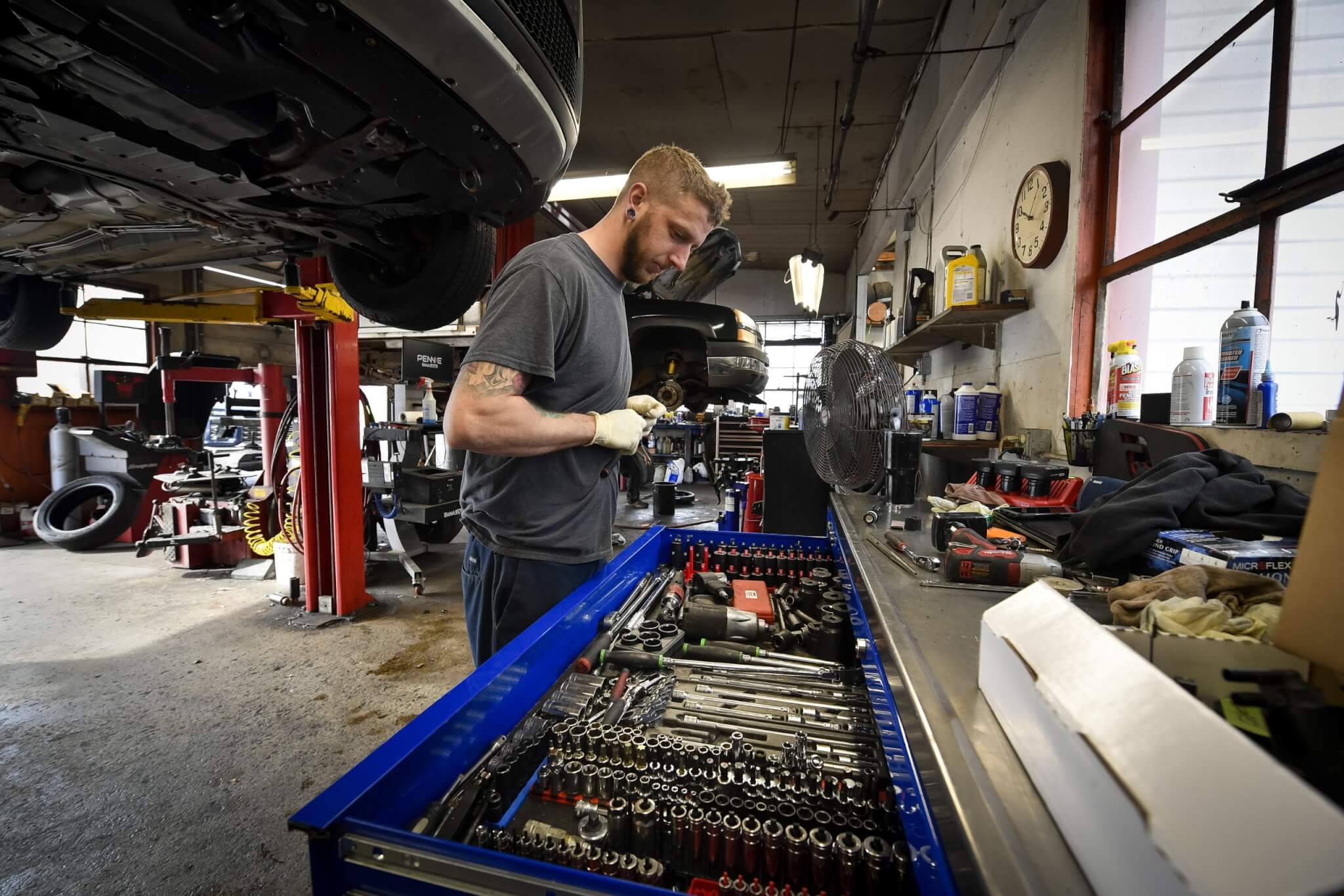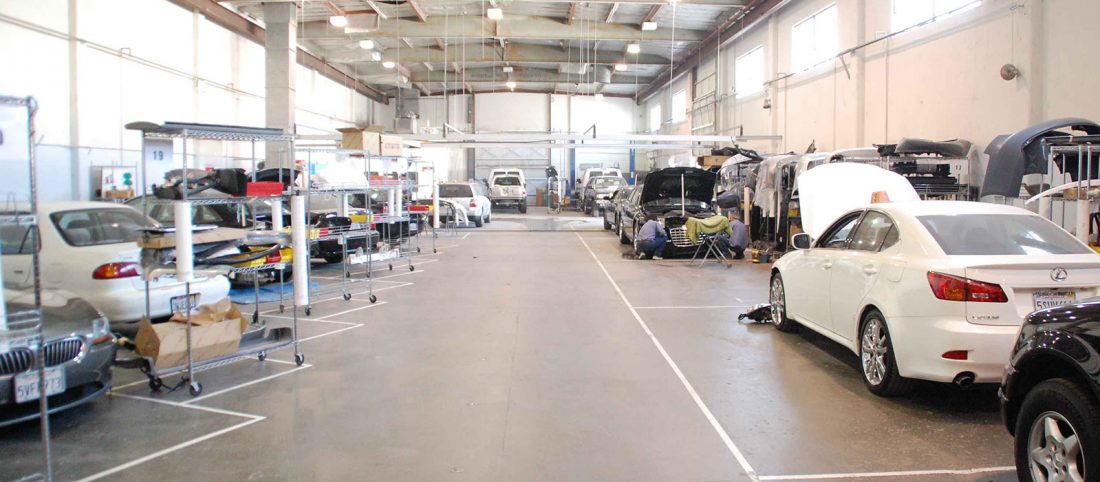All Categories
Featured
Your car is an essential part of your life, and taking excellent treatment of it makes sure that it offers you accurately for years to come. While contemporary vehicles are made to be resilient, overlooking proper upkeep can bring about unneeded malfunctions and pricey repair services. Here's how you can maintain your vehicle running longer and in peak condition.
- Follow Routine Maintenance. The structure of a durable car is normal maintenance. Follow your producer's suggested maintenance timetable, which can typically be discovered in your car's proprietor's guidebook. Routine jobs like oil changes, tire turnings, and brake checks avoid damage and maintain your car doing efficiently.
Overlooking oil modifications is just one of the quickest ways to harm your engine. Tidy oil ensures appropriate lubrication and stops overheating. Depending upon your vehicle and driving routines, oil modifications are typically required every 3,000 to 5,000 miles or as defined by the supplier.
- Check and Renew Fluids. Your vehicle relies upon a number of liquids to run efficiently. These consist of engine oil, transmission liquid, coolant, brake fluid, and power steering fluid. Reduced or dirty fluids can lead to engine getting too hot, sliding equipments, and brake failing.
Make it a habit to inspect liquid degrees consistently. If you discover a substantial drop in liquid degrees, it might show a leak that requires instant focus. Maintaining liquids tidy and at the ideal degrees guarantees your vehicle runs successfully and protects against pricey repair services.
- Maintain an Eye on Your Tires. Tire upkeep is important for both safety and security and performance. Improperly filled with air tires can reduce fuel effectiveness, cause uneven wear, and boost the danger of blowouts. Examine your tire stress regular monthly and guarantee it matches the supplier's recommendations.
Turning your tires every 5,000 to 7,500 miles promotes also wear and extends their life-span. In addition, inspect your tires for any kind of indications of damage, such as cuts, bulges, or reduced walk deepness, and replace them when needed.
- Replace Worn Parts in a timely manner. Disregarding damaged components can result in bigger problems in the future. Failing to change a used timing belt can result in engine failing. Used brake pads can harm blades, leading to pricey repair work.
Be proactive regarding replacing parts such as ignition system, filters, and belts as per the supplier's standards. Utilizing premium substitute parts ensures better performance and long life.
- Exercise Gentle Driving. The means you drive substantially impacts the life expectancy of your vehicle. Hostile driving practices, such as rapid velocity, abrupt stopping, and hard cornering, placed extra anxiety on the engine, brakes, and tires.
Instead, take on smooth driving methods. Speed up gradually, maintain a stable rate, and brake gently whenever feasible. This decreases deterioration on your vehicle's elements and boosts fuel efficiency.

- Secure Your Cars and truck's Outside. Keeping your vehicle tidy isn't just concerning appearances-- it's regarding stopping damages. Dirt, road salt, and gunk can trigger deterioration and corrosion, specifically in the undercarriage. Routine cleaning, especially throughout winter months or after driving on salted roads, is essential.
Waxing your vehicle every couple of months offers a safety layer against environmental damages. Furthermore, park your vehicle in a garage or use a car cover to secure it from rough weather and UV rays, which can discolor the paint and damage the interior.
- Don't Overlook Caution Indicators. Dashboard warning lights are your cars and truck's way of informing you something needs focus. Whether it's the check engine light, low oil stress, or tire pressure caution, dealing with these notifies promptly can stop small problems from becoming major repair services.
If you observe uncommon audios, vibrations, or changes in your cars and truck's efficiency, do not neglect them. An expert technician can diagnose and repair the problem before it rises.
- Store Your Vehicle Appropriately. If you're not utilizing your car for a prolonged period, appropriate storage space is key. Maintain your vehicle in an awesome, completely dry area to secure it from weather damage. Make use of a battery tender to preserve the battery charge and include a fuel stabilizer to stop the gas from degrading.

Starting the car periodically or taking it for a brief drive can maintain all systems in working order and protect against components from taking up.
Verdict: Uniformity Is Trick. Keeping your cars and truck running much longer does not require difficult measures-- simply uniformity and interest to detail. Treat your auto with treatment, and it will reward you with reliability, far better efficiency, and years of reliable solution.
Latest Posts
Discover Budget-Friendly Auto Repairs with Montclare’s Exclusive Service Specials
Learn About Brake Repair & More: Comprehensive Auto Care Solutions from Montclare Auto Repair
Why Routine Vehicle Maintenance at Montclare Auto Repair Saves You Money
More
Latest Posts
Discover Budget-Friendly Auto Repairs with Montclare’s Exclusive Service Specials
Learn About Brake Repair & More: Comprehensive Auto Care Solutions from Montclare Auto Repair
Why Routine Vehicle Maintenance at Montclare Auto Repair Saves You Money